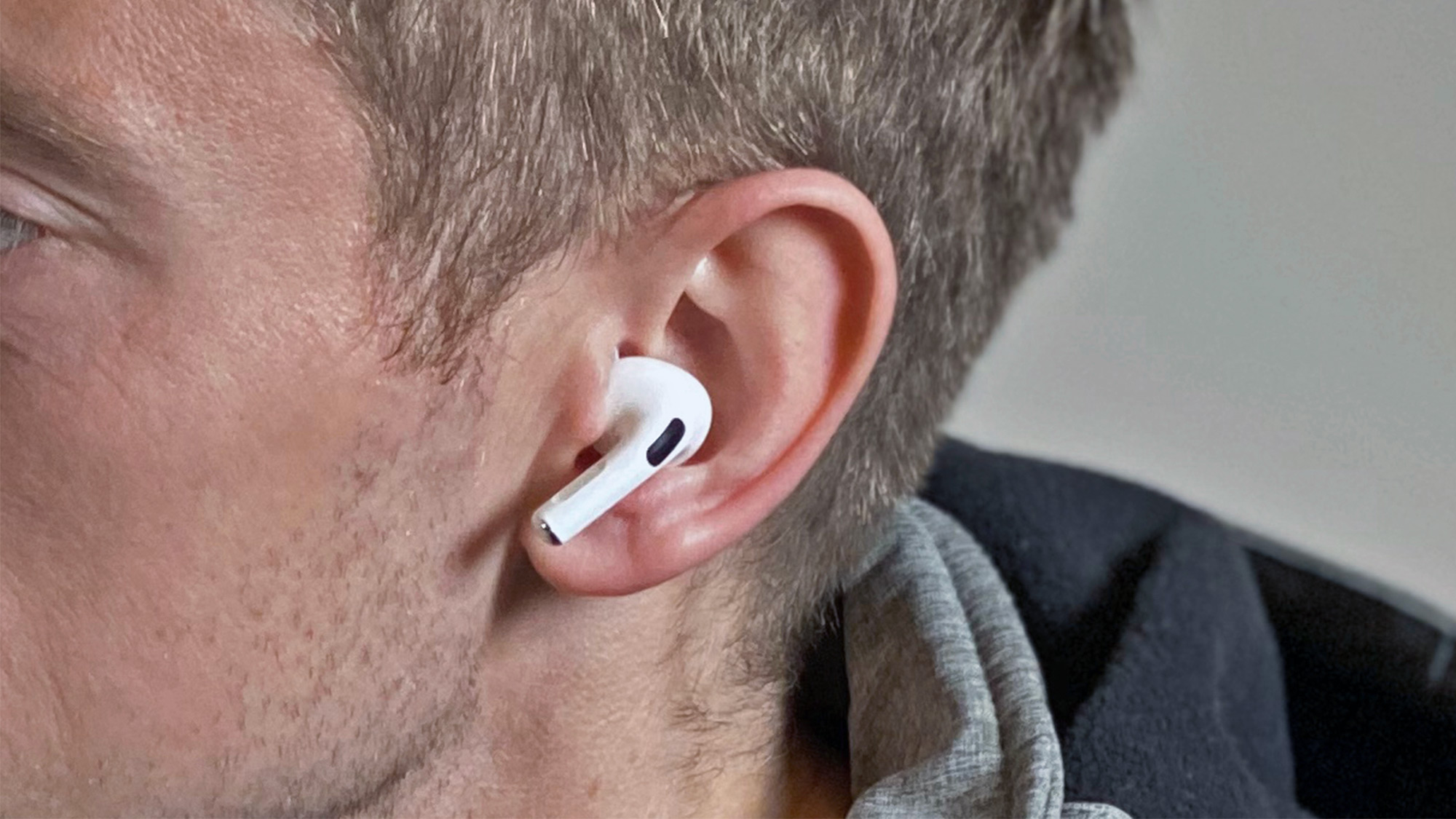The AirPods Pro’s latest update is essential for folks with mild hearing challenges

Apple has released the latest firmware update for AirPods, AirPods Pro, and AirPods Max, as well as the Beats Solo Pro, Powerbeats, and Powerbeats Pro.
The latest update brings a number of performance enhancements and bug fixes, but also one feature that folks have been waiting for since Apple’s Worldwide Developers Conference in June: Conversation Boost.
Conversation Boost is a new feature for the AirPods Pro that dials up the volume of conversations happening in front of the user in transparency mode. While anyone can benefit, it effectively allows people who are hearing impaired to better understand what people are saying in a conversation.
The accessibility feature is free, but you’ll need to make sure that your buds have been updated to firmware version 3E751, which you can check on your phone’s settings – look under Bluetooth and tap your connected AirPods Pro units to check what software version your earbuds have been upgraded to. Simply remaining connected to your iPhone should result in the latest version being automatically downloaded.
Here’s how to turn on Conversation Boost
Once you have the latest firmware installed on your AirPods Pro, head back into the settings and scroll down to ‘Accessibility.’ From there tap ‘Audio/Visual’ > ‘Headphone Accomodations’ > ‘Transparency Mode’ > ‘Custom Transparency Mode’.
From this screen you’ll be able to customize how strong you want the audio to be from either Slight, Medium or Strong options. Strong will really dial up the sound of conversations and the voices of people around you, while Slight only boosts them… well, slightly.
To turn the feature off you can go back through the settings or simply turn it off via Control Center - both options should work fine.
Sign up for breaking news, reviews, opinion, top tech deals, and more.
Via Apple Insider and MacRumors
- Still on the fence between Apple’s two earbuds? Don’t miss our guide to the AirPods vs AirPods Pro
- Empty list

Nick Pino is Managing Editor, TV and AV for TechRadar's sister site, Tom's Guide. Previously, he was the Senior Editor of Home Entertainment at TechRadar, covering TVs, headphones, speakers, video games, VR and streaming devices. He's also written for GamesRadar+, Official Xbox Magazine, PC Gamer and other outlets over the last decade, and he has a degree in computer science he's not using if anyone wants it.